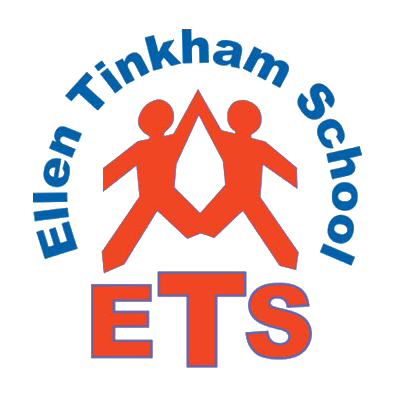The Learn to Live Federation gives students a range of practical English opportunities which enable them to feel confident in their ability. We strive to make learning fun and interactive, covering a range of topics that engage all learners and supports their learning style to be the best that they can be. English is embedded in the daily school routine ensuring that there are always opportunities for learning. We teach English at a level that is appropriate to the learning styles, needs and motivation of each pupil starting with early phonics and communication.
Language and communication skills are essential for all our pupils and underpin the curriculum aims across the Federation. We recognise that the skills developed in English promote learning across the curriculum. We aim for our pupils to be able to express themselves creatively and imaginatively, and to communicate effectively both verbally and non-verbally with others in a range of social situations, appropriate to their levels and needs. We teach pupils the skills they need to communicate in ways relevant to their individual needs, developing their skills in communication, reading and writing, including phonics.
Phonics is taught daily at the appropriate level for the learner. We use this as our main approach for teaching reading across the school, however we recognise the need for other strategies alongside this.
Where appropriate, learners are given a reading book bag. This includes their up-to-date phonics assessment, running record, reading record, decodable reading book, a phonics game and spellings to practice.
English across the Key Stages
Early Years – In Early Years, pupils learn through exploration and experimentation. English and phonics teaching in Early Years is play -based with opportunities provided for children to learn through continuous provision.
Key Stage 1 – In Key Stage 1, English teaching is play-based with short bursts of discrete teaching as pupils become developmentally ready. Play opportunities aim to support generalisation of discretely taught skills and knowledge.
Key Stage 2 – English is taught as a discrete subject and is embedded throughout other activities. Pupils will start to deepen their understanding of reading, writing and communication through learning that is appropriate to their development.
Key Stages 3 & 4 – In Key Stages 3 & 4, the pupils will continue to broaden their understanding in English. Teachers will continue to identify and fill gaps in knowledge and understanding. Pupils will be given opportunities to apply their English knowledge they have learnt in real-world contexts to help with motivation and engagement. As pupils progress from Key Stage 3 to 4, some students will be working towards gaining functional skills accredited qualifications.
Sixth Form – In Sixth Form, English is delivered through personalised programmes, in response to the individual needs and outcomes identified for each student, linking to Preparing for Adulthood outcomes. The focus is on students being able to transfer and apply English skills functionally, for example, within the workplace, or independent life skills contexts. Students will continue to work towards accreditation in Functional English, if relevant and appropriate.
Qualifications
Where formal accreditation is appropriate to an individual’s pathway and outcomes, we offer Edexcel Functional Skills in Key Stage 4 and Key Stage 5. The assessments contain strands in speaking and listening, reading, and writing.
Family Involvement
Some families may like to work with their child/young person at home. If families would like further information to help them support learning at home, please ask the Class Teacher.


